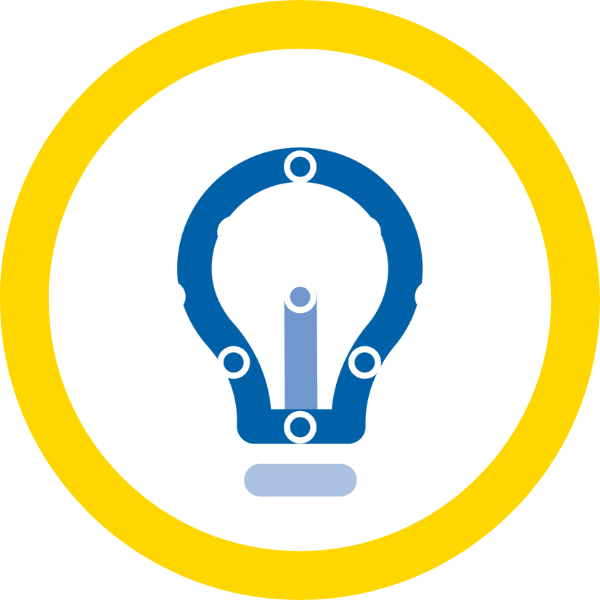ADHD is a neurodevelopmental condition which stands for Attention Deficit Hyperactivity Disorder.
ADHD is characterised by 3 main qualities:


Learn about the signs, strengths and challenges of Attention Deficit Hyperactivity Disorder (ADHD) and how you can get support.
ADHD is a neurodevelopmental condition which stands for Attention Deficit Hyperactivity Disorder.
ADHD is characterised by 3 main qualities:
However, many clinicians also recognise that difficulties with ‘executive functioning’ skills (things like planning, time management, and memory) and regulating emotions are also common traits of ADHD.
Whilst anyone, whether they are neurodiverse or neurotypical, can struggle with all of the diagnostic criteria for ADHD, these characteristics present in a more extreme form in those with ADHD and will have been noticeable since childhood, as ADHD is a lifelong condition.

People often think that hyperactivity is the main symptom of ADHD, but in reality the main characteristic for many individuals is inattention. The reason why this is considered less prominent is likely because it’s not necessarily as easy to spot.
It’s also important to consider that more women with ADHD tend to go undiagnosed in comparison to men with ADHD. This can be for a variety of reasons, including that ADHD symptoms can present differently in women.
It’s estimated that 2.5% of the global population have ADHD
Men are 3x more likely to be diagnosed with ADHD than women
As many as 55% of families with one child who has ADHD also have one parent with ADHD

Like all neurodiverse conditions, there are many strengths that come with ADHD. Insightfulness, problem-solving and creative thinking are often associated with ADHD.
It is also helpful to reframe some of the challenges of ADHD as strengths. For example:
As mentioned, the diagnostic criteria for ADHD is centred around three main characteristics: inattention, hyperactivity, and impulsivity. These can present their own unique challenges for individuals with ADHD.
For example:
As we’ve also discussed, many people with ADHD can struggle with their executive functions, the most common difficulty being with the ‘working memory’ function, which allows us to temporarily store and manage information to complete complex tasks.
Many people with ADHD will also struggle with emotional dysregulation and have poor emotional wellbeing. In particular, anxiety and impostor syndrome can have a severe impact on their self-esteem.
Learn how we helped Mikaela get a diagnosis for ADHD so that she could pass her placement with confidence.

If you think you might have ADHD, the first step is to do your research and learn as much as you can about the condition.
We all experience challenges with different behaviours and tasks, but if you find you notice the characteristics of ADHD more prominently in your own experiences – and importantly, it is having a significant impact on your life – it’s best to take action to get support.
Visit the ‘What to do if you believe you might be neurodiverse’ page for more information.
We know that when you’re struggling emotionally, practically and financially, often the hardest step to take is reaching out and asking for support. And these challenges can have even more of an impact if you’re neurodivergent. But everyone experiences challenges in life, and it’s important to remember that you are not alone – after all, there are thousands of neurodiverse engineers just like you around the world, many of whom may be in a similar situation.
Our support is here to help you live better and thrive – whatever your circumstances. So if you’re ready to get in touch with us, we’re ready to listen to your needs and offer whatever support we can.
You are not alone. Hear from people across the engineering community on how they’ve managed their neurodiversity journey, and what being a neurodivergent engineer means to them.

Learn how we helped Mikaela get a diagnosis for ADHD so that she could pass her placement with confidence.

Read Stuart's story of his experiences with Autism – and how his diagnosis helped him understand himself better.

Read Brian's story of how he got a diagnosis for dyslexia - but wishes the signs had been spotted sooner.